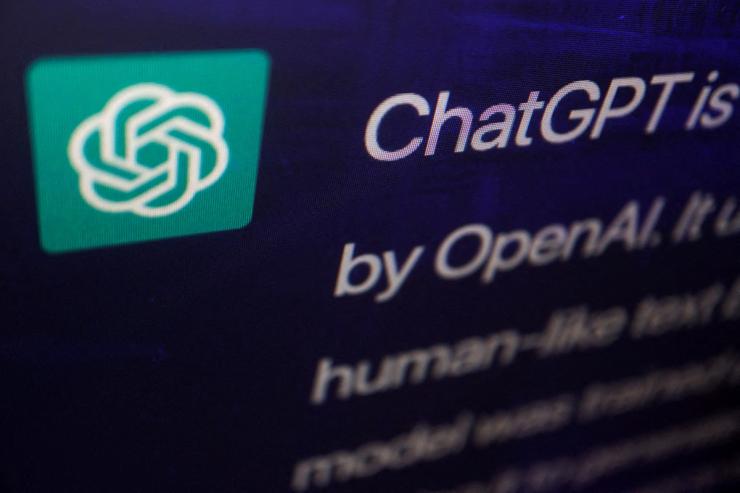
Semafor Signals
Is ChatGPT being embraced in classrooms this semester?

The News
It’s been less than a year since ChatGPT was released, leading to fears that the chatbot would upend education.
But at the start of a new school year, some professors said they’re not worried about ChatGPT while some are even teaching with it and encouraging their students to embrace it.
SIGNALS
University of Pennsylvania professor Jonathan Zimmerman said he doesn't have an AI policy for his classes, and students are allowed to use a chatbot to write a paper, so long as they disclose that. But he hopes students don't use them, arguing that AI doesn't generate original ideas and won't help students learn on their own.• 1 Tufts University professor Daniel Drezner similarly wrote that AI isn't changing his lesson plan, and if his students "want to skate through ... without learning anything that is just a fantastic waste of money, but it’s their choice."• 2
The Washington Post, Here’s my AI policy for students: I don’t have one
Drezner’s World on Substack, How ChatGPT Has Not Changed My Plans for This Fall
Theology professor Michael Peppard said his classes will be in "sandbox mode" this semester when it comes to AI, as he encourages his students to experiment with the technology. Students will be required to use a chatbot for some assignments, but will also have to critique the AI's response, omissions, and falsehoods.• 3 Meanwhile, Yale University never thought about banning the technology, an assistant provost said. They're encouraging faculty to try it out and get advice from their students about how they might use it in the classroom.• 4
Bloomberg Opinion, Colleges Are Going to Have to Put ChatGPT on the Curriculum
MIT Technology Review, How one elite university is approaching ChatGPT this school year
The issue is affecting schools globally. The University of Hong Kong recently reversed a ban on ChatGPT that was imposed in February. And Microsoft is working with eight universities in Hong Kong to design educational plans and run workshops around using AI. Educators said they remain concerned about plagiarism, but are optimistic that chatbots could help explain complicated topics to students, saving time inside the classroom.• 5
Many educators are still not rushing to embrace ChatGPT and some ignore it altogether. Professors that remained concerned about cheating said they "see a need to 'ChatGPT-proof' test questions and assignments," The Associated Press reported. "We’re in full-on crisis mode," one writing professor said. He plans to outlaw ChatGPT this semester, while other academics said they plan to bring back paper exams.• 6
Associated Press, Paper exams, chatbot bans: Colleges seek to ‘ChatGPT-proof’ assignments

